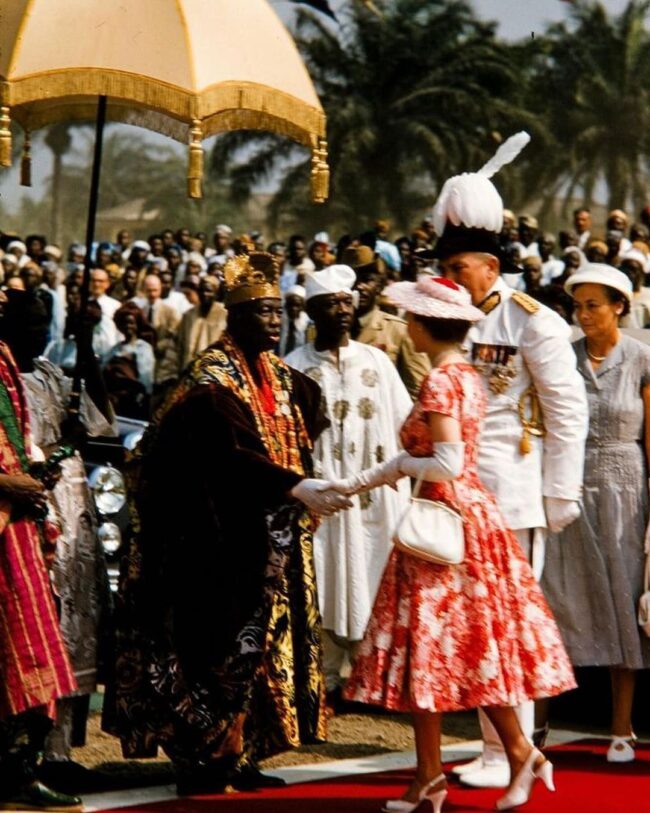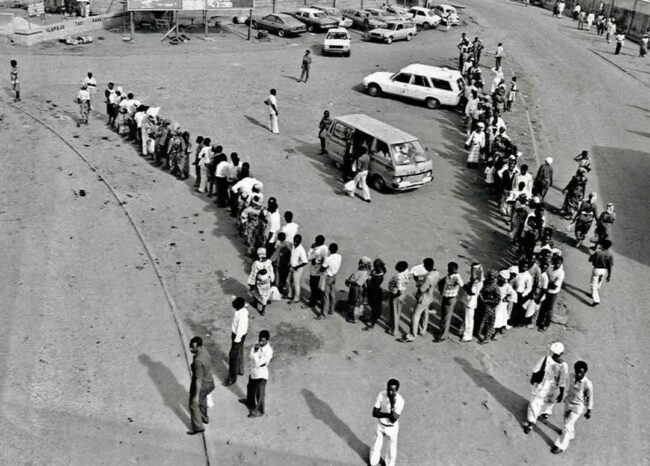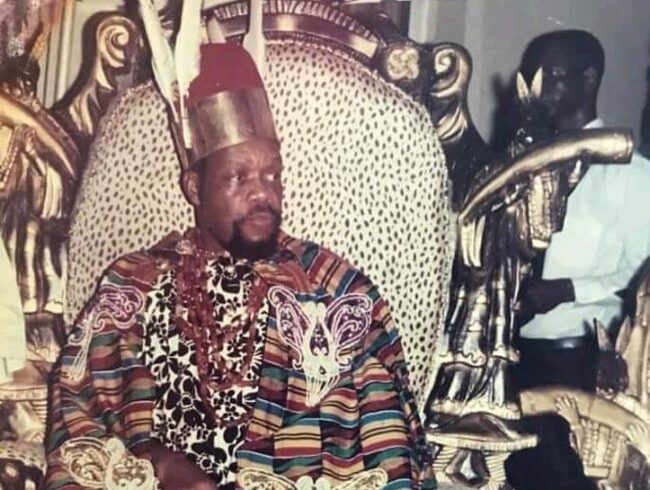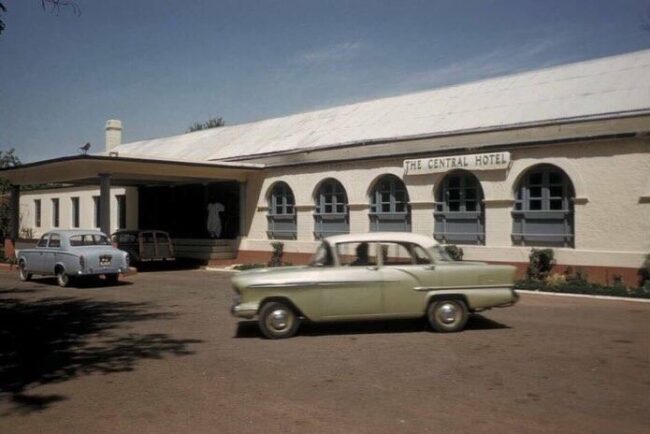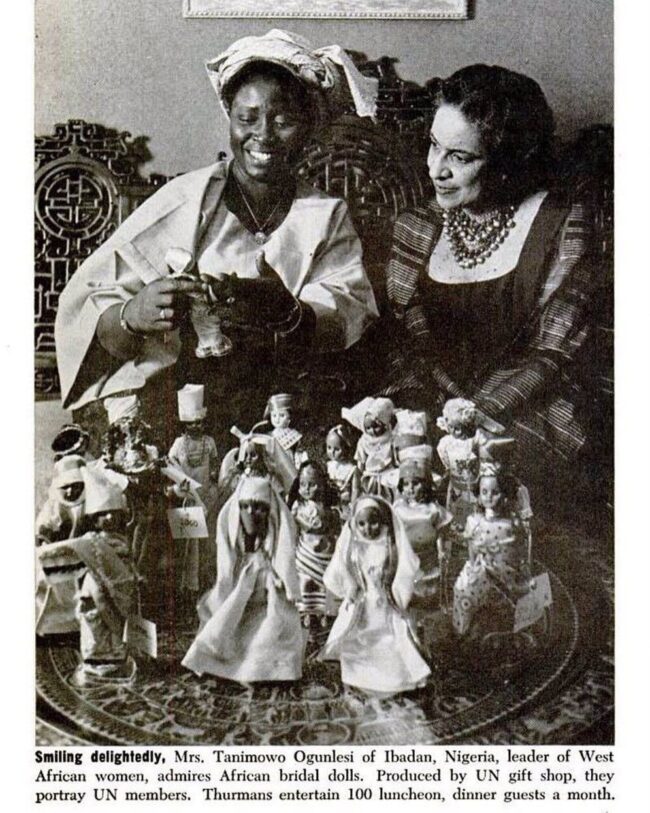A dramatic spectacle of stranded individuals standing in remarkably organized lines was captured on camera in 1984, and it signaled a momentous occasion in Nigerian history. The photo was shot under the military government of General Muhammadu Buhari, which instituted the “War Against Indiscipline” (WAI) campaign, a strict program designed to bring back discipline, order, and patriotic values among Nigerians. March 1984 saw the implementation of the “War Against Indiscipline,” not long after Buhari was overthrown by a military coup. The program aimed to tackle the pervasive disorder, corruption, and social deterioration that had become entrenched in Nigeria. The implementation of public discipline, which included making line waiting at bus stops and other public areas mandatory, was one of the main initiatives. Before this, Pushing and shoving were commonplace in Nigerian public spaces, which were disorderly and chaotic. The image in question, which showed people queuing neatly at a bus stop—a rare sight at the time—became representative of the WAI campaign. Many people were left stranded due to the shortage of buses caused by strict government rules and economic difficulties. Nonetheless, Buhari’s regime’s rigorous enforcement of discipline was evident in the well-organized lines. Admiration and anger were mixed emotions throughout this time. Some praised the effort to foster a sense of order and patriotism, while others denounced the approaches as harsh and autocratic. In addition, the program promoted national solidarity through a variety of civic responsibilities, enforced timeliness, and publicly shamed individuals who littered. Therefore, the “No Buses” situation represented both the wider changes imposed by the military government as well as the economic struggles suffered by Nigerians. The “War Against Indiscipline’s” legacy is still up for discussion, highlighting the difficulties with societal change and government throughout Nigeria’s history.

